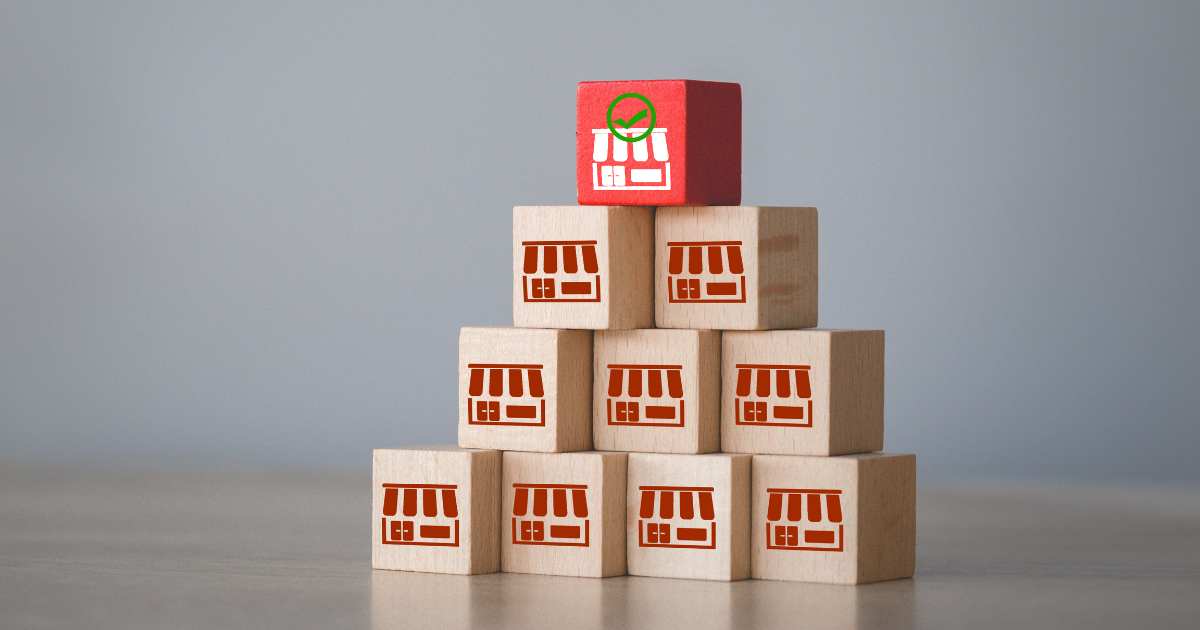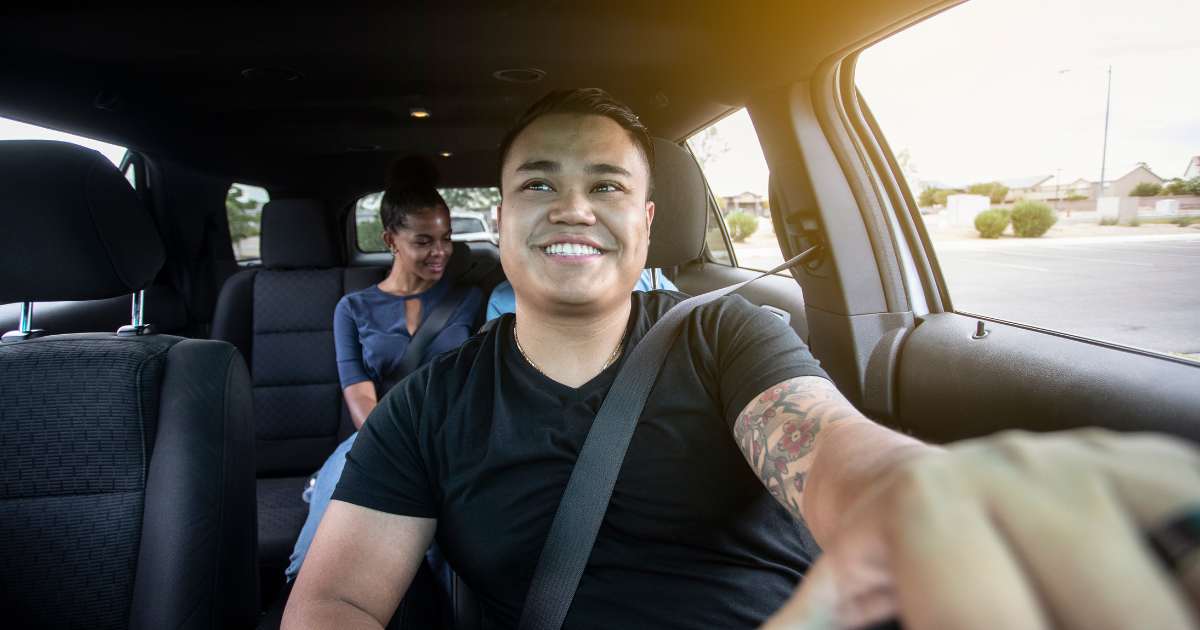
Franchising has long been associated with big business in South Africa. From fast food joints to retail chains, the franchise model is often seen as a path to financial security for entrepreneurs. But franchising is no longer just about profits; it is also being used to make a difference in people’s lives.
Through social franchising, businesses use the franchise model to deliver important services like healthcare and education in communities that need them most. Micro-franchising makes it possible for people with little money or business experience to run small businesses that provide everyday products and services.
Social and micro franchising models help to create jobs, support small business owners, and bring essential services closer to communities.
What is Social and Micro-franchising
Social franchising uses the structure or distribution framework of commercial franchising to achieve social goals. This concept is beneficial as a mechanism for social programmes since it has inherent benefits that contribute to the sustainability of an entity, such as skills transfer and consistency.
The income that is generated by the business is used to sustain and grow the business and to address identified social goals. This is the franchise system that the government should be looking at to roll out efficient service delivery in everything from health, waste to education and infrastructure.
Micro-franchising adapts the franchise principles of business efficiency and duplication into a ‘business-in-a-box’ format, basically providing a proven system opportunity to individuals to run a small business with substantial supervision and mentoring, whilst earning an income.
With financial assistance from donors or financial institutions in the microfinance space, the franchisee purchases a minority stake in the business and can, over time, purchase additional shares and eventually become the sole owner of the business and convert to a standard franchise arrangement.
Franchising can address both social and consumer needs in areas like:
- Basic services – for example, waste removal
- Personal services – like hairdressers, barbers
- Education – childcare, tutoring
- Health care – primary health care, nursing
- Energy – solar power, safe appliances
- Clean water
- Agriculture
- Access to ICT – Information and Communication Technology
Why the Franchise Model Works for Social Impact
The franchise model is particularly useful to address these issues below.
Proven Systems
Franchising is built on replicable systems that reduce risk for new entrepreneurs. This makes it easier to replicate social solutions across multiple communities.
Training and Mentorship
Franchisees receive hands-on training and support. This helps equip people without business experience to have the skills to run a sustainable business.
Job Creation
Each new franchise unit creates employment opportunities, both directly for the franchisee and indirectly in the community.
Access to Finance
Some social franchisors help franchisees with financing options or partnerships, lowering barriers to entry for disadvantaged individuals.
Benefits of Entrepreneurs and Communities
For budding entrepreneurs who lack capital, micro-franchising offers a practical entry point. Instead of having to design a business from the ground up, they adopt a tried and tested model with built-in support. This reduces the chances of failure.
Communities also benefit, and social franchises often address urgent needs. Whether it’s healthcare, education, or food. Local ownership also means profits and employment remain within the community, fostering local economic growth.
Challenges Facing Social and Micro-Franchising
Even though this model has potential, it also has barriers in South Africa:
Financing Barriers
The disadvantaged entrepreneurs may find it difficult to get finance to start. Innovative funding options are usually needed.
Quality Control
It is not easy to maintain the same standards in various units, especially in rural areas.
Scaling Sustainably
Expanding too quickly without the necessary support structures can weaken the impact.
These challenges can only be overcome through collaboration between the government, NGOs, corporates, and financial institutions.
The Future of Social and Micro-franchising in South Africa
South Africa’s youth unemployment calls for new ways to create jobs. Social and micro-franchising offer a good chance to combine business success with social impact.
Stronger partnerships between the private sector and social enterprises will play an important role in making this possible.
Social and micro-franchising offer a promising solution for South Africa to address unemployment, inequality, and service delivery gaps, as well as fostering entrepreneurship. Through redefining franchising as not only about profit but as a tool for addressing urgent social challenges.






